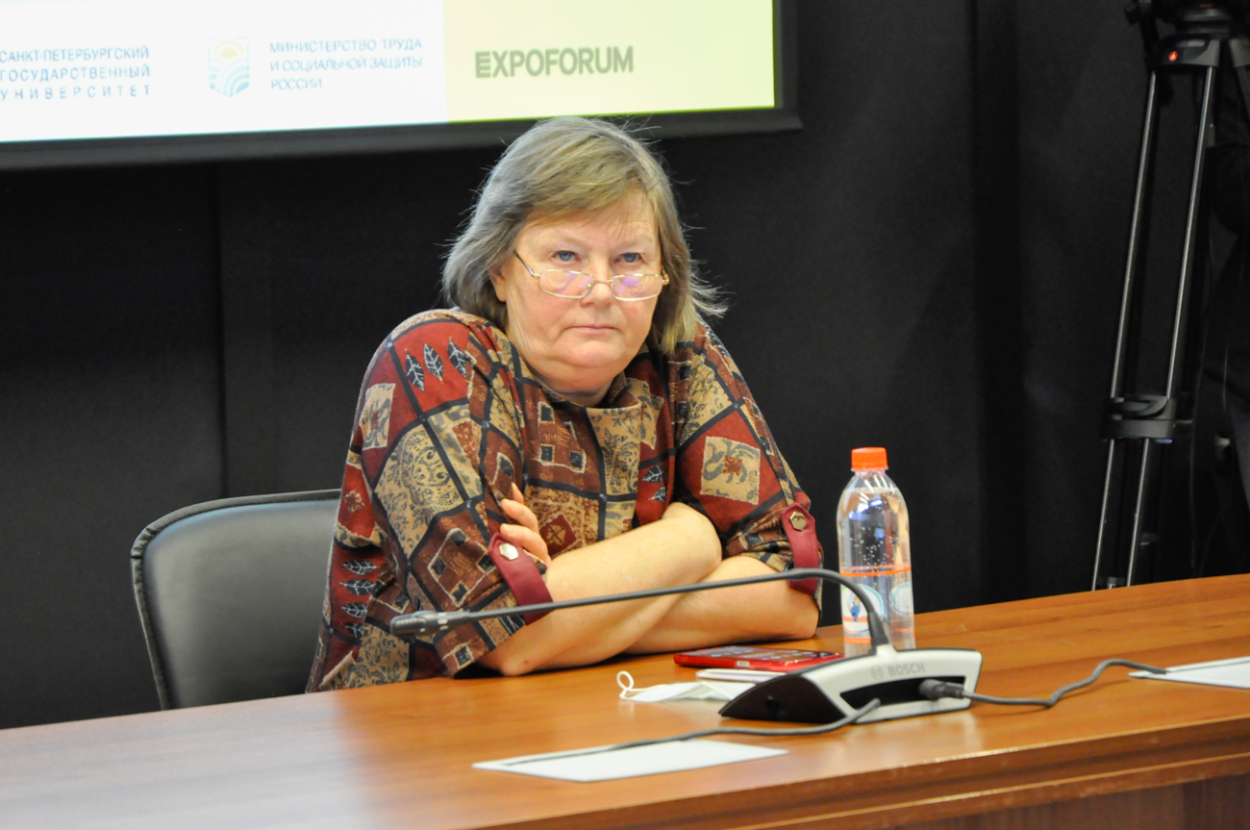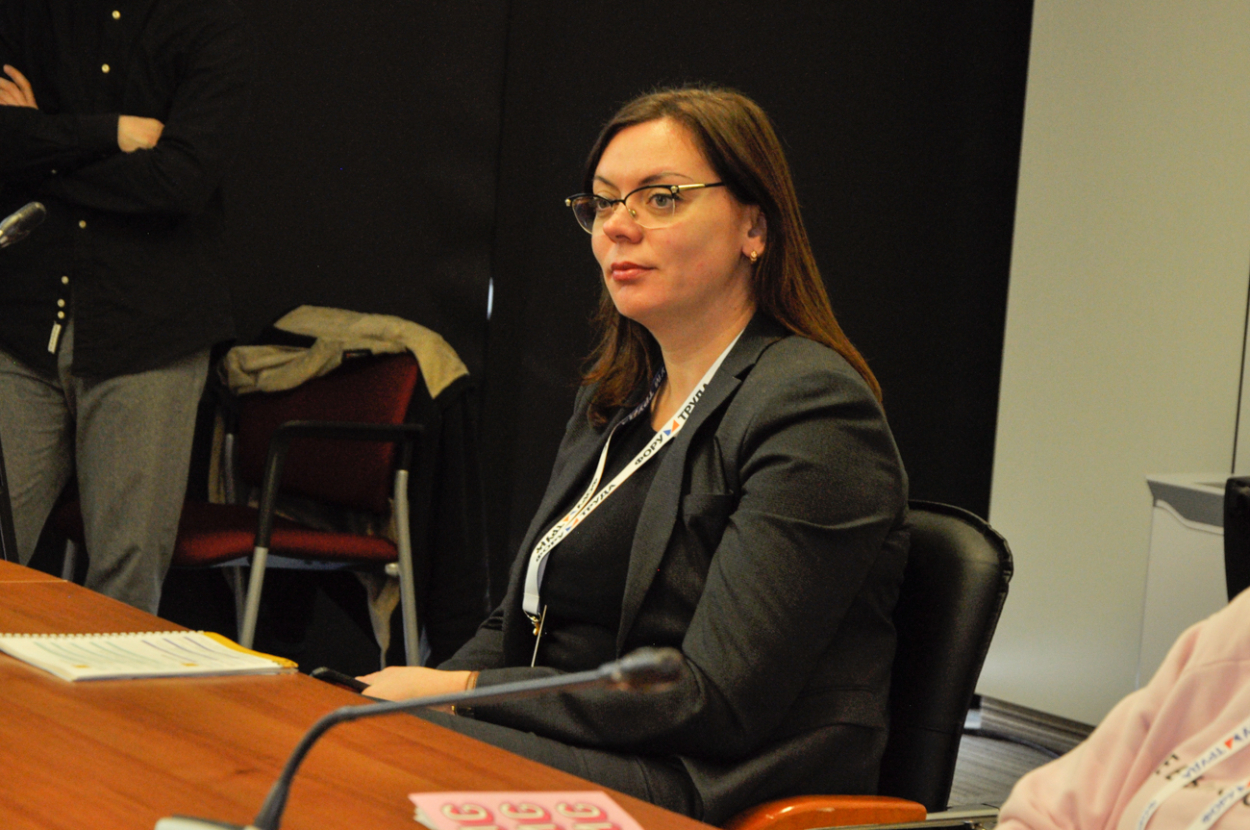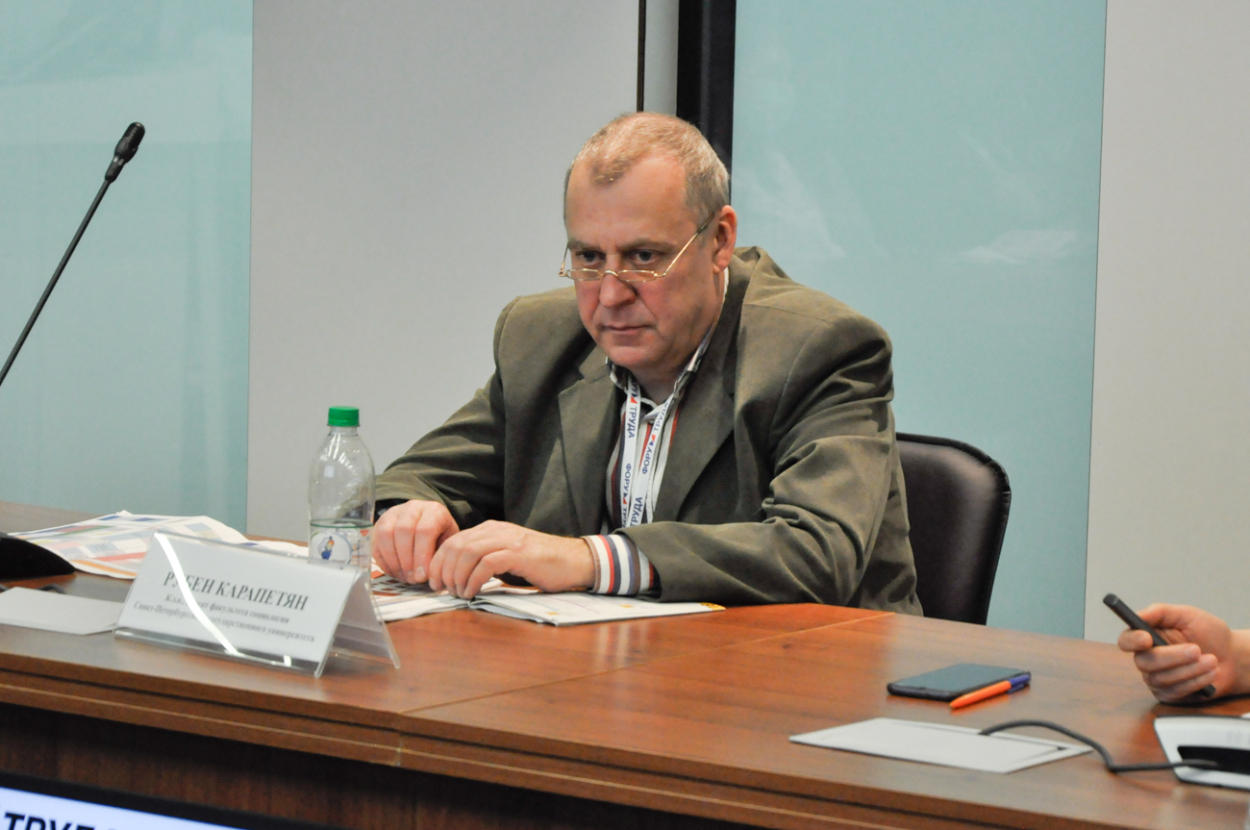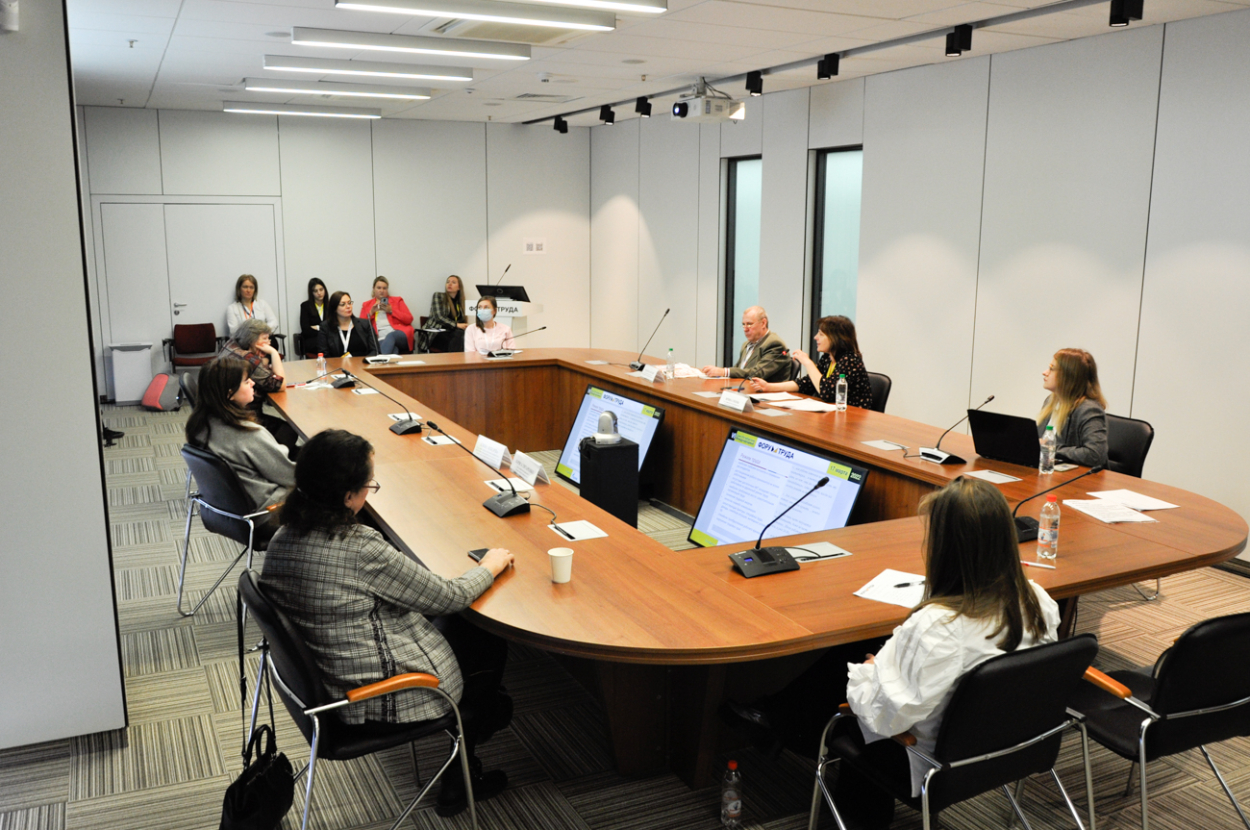Experts from St Petersburg University and Belarusian State University: Changes in legislation and new work etiquette help to adjust work-life balance
Sociologists from St Petersburg University together with their colleagues from Belarusian State University have analysed the impact of digital transformation on the labour activity of the urban population. The scholars shared their observations and final conclusions on the 6th St Petersburg International Labour Forum.
Ruben Karapetian, Head of the Russian part of the project, Associate Professor of St Petersburg University, noted that digital transformation is a qualitative and irreversible transformation of the social order due to the explosive progress of digital technologies and changes in all spheres of public life.
Irina Sizova, Professor at St Petersburg University, and Natalia Orlova, a doctoral student, spoke about the features of the digital work culture of modern workers in St Petersburg. The study was conducted by in-depth interview. More than 30 representatives of various industries and professions were interviewed — both employers and employees.
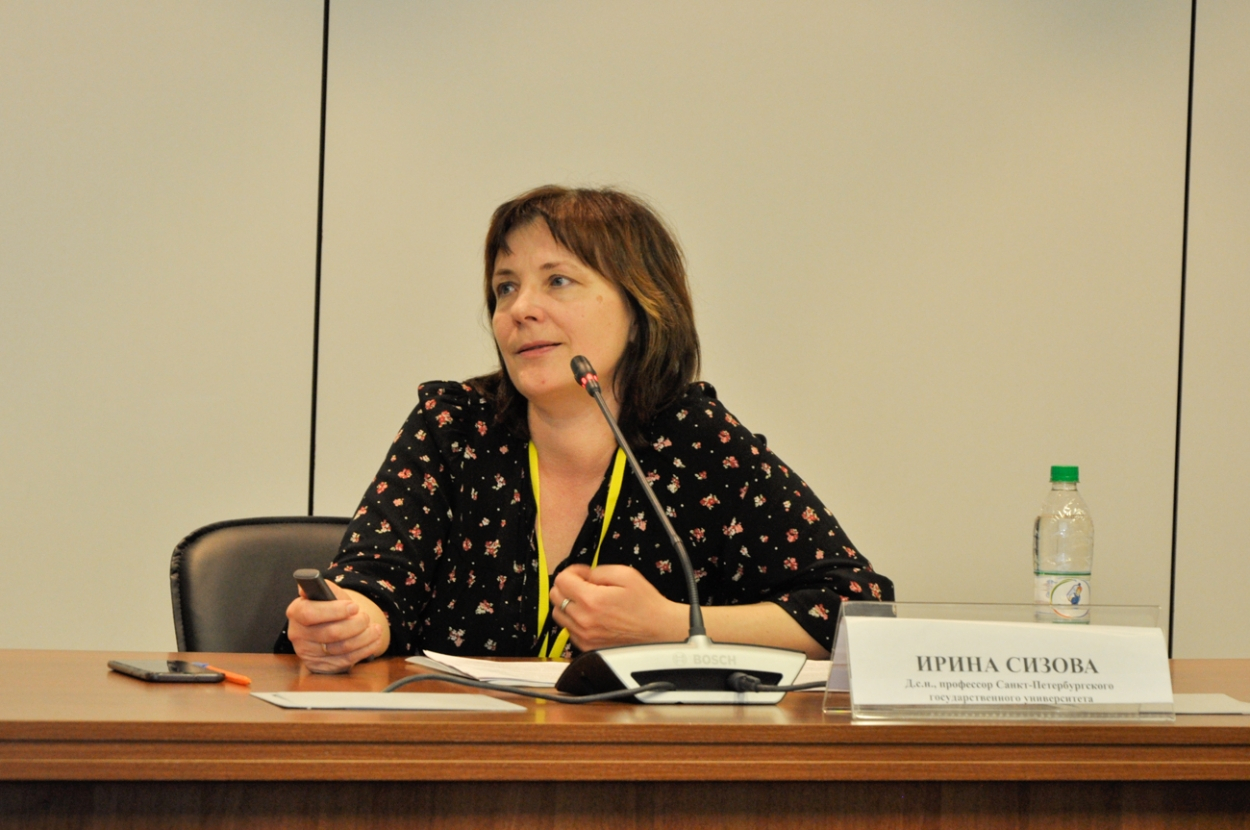
The key topics highlighted for the survey of employees covered: the use of information and communication technologies at work; the impact of digital knowledge; skills and abilities needed for their position in the organisation and on the labour market; the features of digital communication; age-related features of the ongoing digitalisation of labour; and the conditions and consequences of switching to remote work, for example disorders of work-life balance. The respondents noted that not so long ago, digitalisation was mere symbolic in many areas, but the pandemic has significantly changed it. New digital services that actually work and benefit both at the public and private levels have appeared.
Remote work is still not relevant for all spheres of activity: sometimes employers themselves slow down the transition to remote work, sometimes it is hampered by the lack of digital and technical means. For many respondents, one of the important problems has become the organisation of their remote work: for some, the home environment demotivates and does not make it possible for them to concentrate on work processes; for others, the boundaries of working time are spontaneously blurred.
An interesting point, which Irina Sizova noted, is related to the relationship in the family: if an employee is recognised as "the main one", then the rest of the household adjusts to his or her regime; if the family dominates this relationship, then he or she becomes a "hostage" of this situation. ‘In fact, with the accumulation of remote work experience, such situations are likely to go away, since people will take this aspect into account in their plans,’ Professor Sizova is sure.
Additionally, digital technologies are sometimes a marker of labour relations. For example, if a manager is not as technically savvy as their subordinates, their authority may decrease (this also works in the opposite direction). Nevertheless, most often, in conditions of lack of equipment and knowledge, employees tend to provide assistance outside of their official duties: to train their colleagues, correct their mistakes, etc.
According to Professor Sizova, one of the important conditions for the development of a digital work culture is material capabilities, modern equipment and software, and care from the state.
Present-day Russian workers, as interviews show, assimilate the digital work culture well, navigate it, do not feel hostility and do not resist, but, on the contrary, strive to gain more knowledge.
Irina Sizova, Professor of St Petersburg University
Analysing interviews with employers, Natalia Orlova noted that the respondents are aware of the need for changes in corporate and managerial culture, but at the same time they still rely on administrative methods and continue to be guided by the usual forms of management. Disorders of the work-life balance speak of the need to transform labour legislation and to develop a new digital work etiquette.
The 6th St Petersburg International Labour Forum was held from 16 to 18 March in a mixed format. The in-person part of the Labour Forum was organised at three venues: the Tauride Palace, St Petersburg University, and the Expoforum Exhibition and Convention Centre. The Forum is organised by: the Government of St Petersburg; St Petersburg University; the Inter-Parliamentary Assembly of States Members of the Commonwealth of Independent States with the support of the Ministry of Labour and Social Protection of Russia; and the Federal Service for Labour and Employment.
Sociologists from Belarusian State University have identified trends in the field of work in the context of digital transformation. Thus, during a telephone survey of Minsk residents in February 2021, the economic and social aspects of the impact of labour digitalisation on professional groups of citizens were studied. Larisa Titarenko, Professor of Belarusian State University, noted that in general, the population of Minsk has sufficient knowledge and competencies to successfully continue digitalisation. However, at the same time there are a number of problems associated with insufficient motivation and demand in the labour market. The results of the study were a theoretical model of digitalisation of labour activity, which should not be tech-centric, but human-centric.
In her research, Elena Lebedeva, Associate Professor of Belarusian State University, compiled a social portrait of the inhabitants of the "digital city". During the survey, it was revealed that Minsk residents confidently own new technologies. In connection with the coronavirus pandemic, 75% of respondents over the past year have faced the need to independently master new technical means.
It seems that the thesis "a smart city is smart citizens" has been confirmed in practice.
Elena Lebedeva, Associate Professor of Belarusian State University
At the same time, Elena Lebedeva noted that not all citizens were equally "digitalised". She also introduced the concepts of "digital natives" and "digital immigrants". The first (34.1%) feel comfortable in the digital environment of a big city, actively use social networks and navigation systems, make online purchases, while the second (22%) prefer to make their daily household practices in traditional ways — to make purchases offline, pay bills at a bank, etc.


